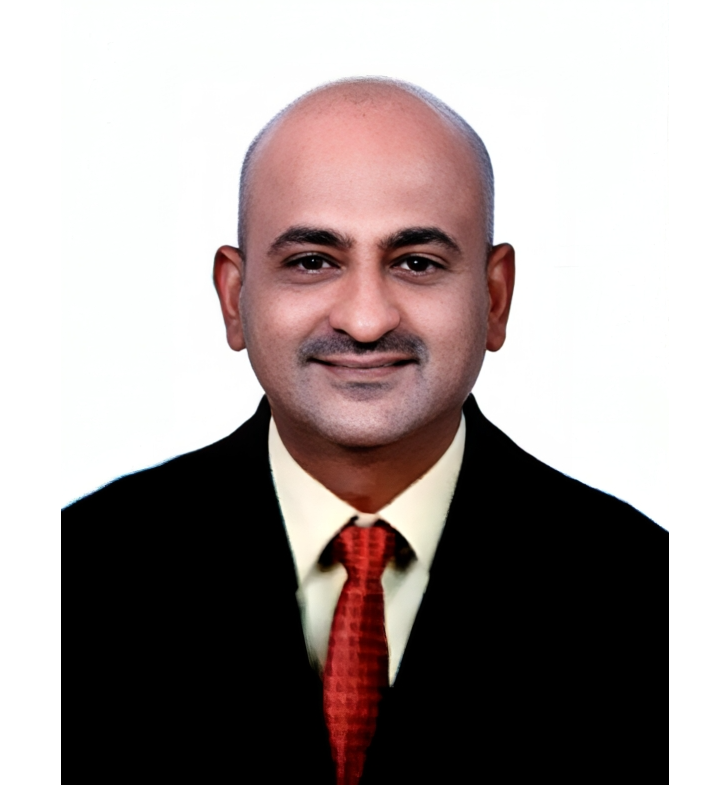

The Department of Aeronautical Engineering was started in the year 2008, offers B.E. Aeronautical Engineering Program, accredited by NBA and permanently affiliated to Anna University, Chennai. With dedicated faculties specialized in different aspects of Aeronautical Engineering and the state of the art Laboratory facilities, the Department caters to its students through academia; and industries through research and consultancy projects. In conjunction with the various specialized laboratories available in the Department, a full-fledged Unmanned Aerial Vehicles (UAV) Laboratory, that promotes design, development, analysis, and piloting of UAVs. Being a specialized program, the Department has made all the provisions necessary to equip the students with the required skills to grow and contribute to society. Highlights of the Department include, Centre of Excellence in UAV, State of the Art Laboratories & Equipments, Aero Modelling Courses, MoUs with LYNX, Capgemini, IAMPL, AirWorks, Govt. ITI, and wethe5pilots, Classic Domains of Aerodynamics, Propulsion, Structures, Thermal Engineering, Materials & Maintenance, Cutting-edge Domains of Flight Mechanics, Programming, Avionics, UAV and Simulation, Add-on Courses and Value Added Courses, Internships, In-plant Trainings and Placements, Guest Lectures, Webinars and Seminars, Software Certification and Workshops, Associations & Clubs, Social Responsibility through Skill Development for Govt. ITI, Govt. Schools and Underprivileged Children, Sports & Outbound Training.


The Department of Aeronautical Engineering was started in the year 2008, offers B.E. Aeronautical Engineering Program, accredited by NBA and permanently affiliated to Anna University, Chennai. With dedicated faculties specialized in different aspects of Aeronautical Engineering and the state of the art Laboratory facilities, the Department caters to its students through academia; and industries through research and consultancy projects. In conjunction with the various specialized laboratories available in the Department,…
Welcome to the Department of Aeronautical EngineeringAeronautical Engineering is one of the specialized programmes of SREC, that provides quality education to the next-gen passionate engineers of India. Established in the year 2008, the Department has seen tremendous growth in all spheres of Aeronautical Engineering. To enhance the learning of our students, the Department is equipped with the latest cutting-edge tech, which includes a full-fledged Flight Simulator and two trainer Aircrafts.…Readmore

B.E., M.E., Ph.D
Let SREC be a stepping stone of your success.
VISION
The Department of Aeronautical Engineering will strive and achieve the global recognition as a center of Excellence by imparting quality education: leading to graduates becoming professionals with specialized knowledge in Aeronautical Engineering.
MISSION
The graduates of this program after four to five years will,
PEO 1: Apply the knowledge of basic sciences and mathematics along with the Aeronautical Engineering principles and practices to provide the solutions for industrial problems
PEO 2: Handle appropriate techniques, resources, engineering modern tools and develop confidence to work in teams of multidisciplinary projects
PEO 3: Exhibit professional, ethical attitude and leadership qualities.
Program Outcomes as stated by NBA: Engineering Graduates will be able to
PO1. Engineering knowledge: Apply the knowledge of mathematics, science, engineering fundamentals, and an engineering specialization to the solution of complex engineering problems.
PO2. Problem analysis: Identify, formulate, review research literature, and analyze complex engineering problems reaching substantiated conclusions using first principles of mathematics, natural sciences, and engineering sciences.
PO3. Design/development of solutions: Design solutions for complex engineering problems and design system components or processes that meet the specified needs with appropriate consideration for the public health and safety, and the cultural, societal, and environmental considerations.
PO4. Conduct investigations of complex problems: Use research-based knowledge and research methods including design of experiments, analysis and interpretation of data, and synthesis of the information to provide valid conclusions.
PO5. Modern tool usage: Create, select, and apply appropriate techniques, resources, and modern engineering and IT tools including prediction and modeling to complex engineering activities with an understanding of the limitations.
PO6. The engineer and society: Apply reasoning informed by the contextual knowledge to assess societal, health, safety, legal and cultural issues and the consequent responsibilities relevant to the professional engineering practice.
PO7. Environment and sustainability: Understand the impact of the professional engineering solutions in societal and environmental contexts, and demonstrate the knowledge of, and need for sustainable development.
PO8. Ethics: Apply ethical principles and commit to professional ethics and responsibilities and norms of the engineering practice.
PO9. Individual and team work: Function effectively as an individual, and as a member or leader in diverse teams, and in multidisciplinary settings.
PO10. Communication: Communicate effectively on complex engineering activities with the engineering community and with society at large, such as, being able to comprehend and write effective reports and design documentation, make effective presentations, and give and receive clear instructions.
PO11. Project management and finance: Demonstrate knowledge and understanding of the engineering and management principles and apply these to one’s own work, as a member and leader in a team, to manage projects and in multidisciplinary environments.
PO12. Life-long learning: Recognize the need for, and have the preparation and ability to engage in independent and life-long learning in the broadest context of technological change.
Graduates of Aeronautical Engineering at the time of graduation will be able to
PSO1. Demonstrate competence in the integration of science and engineering topics and their application in Unmanned Aerial Vehicle design (UAVs).
PSO2. Apply broad knowledge of aeronautical engineering to design and develop systems and subsystems of aeronautical and allied fields of engineering.
PSO3. Identify and apply the knowledge of aeronautical engineering for industrial applications.